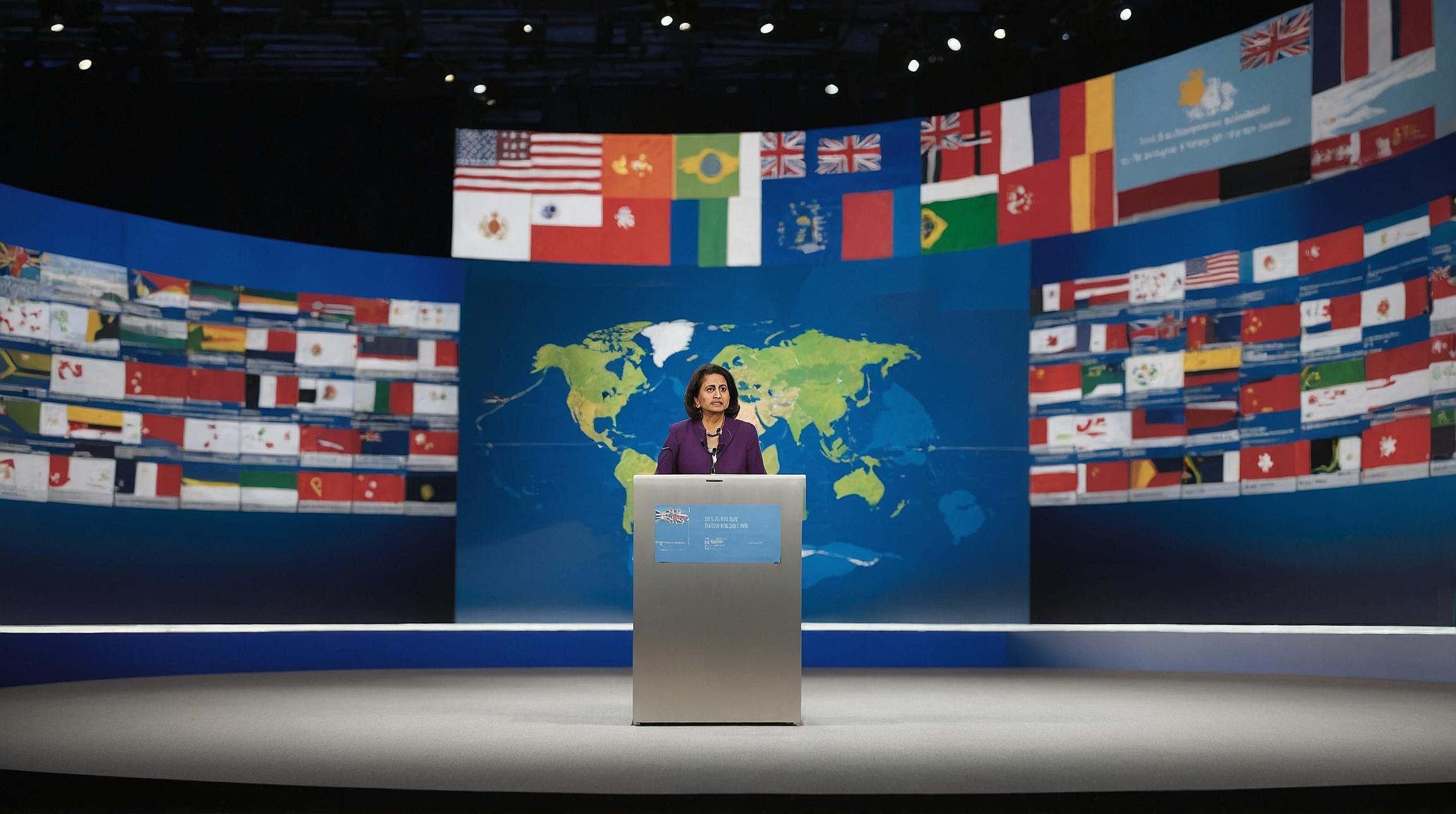Understanding the $4 Trillion Financing Gap
Finance Minister Nirmala Sitharaman has emphasized the need to address a significant $4 trillion gap in financing to achieve the Sustainable Development Goals (SDGs) for developing countries. This call to action was made during the Finance Ministers’ Session of the 3rd Voice of Global South Summit, highlighting the importance of development finance.
Challenges Faced by Developing Economies
Many developing countries struggle with elevated debt distress and high debt service costs, which limit their ability to invest in development. Tight global financial conditions and unfavorable credit ratings further restrict access to market finance, pushing these nations towards riskier funding options. These challenges increase exposure to currency and refinancing risks, complicating the journey towards economic stability.
The Role of Global Cooperation
Sitharaman emphasized that addressing these complexities requires short, medium, and long-term measures. The focus should be on strengthening existing mechanisms for debt relief and liquidity support, such as the G20 common framework and the global sovereign debt roundtable.
Impact of Inadequate Development Finance
The United Nations has reported an annual financing gap of $4 trillion needed to meet SDGs, impacting sectors like education, healthcare, and renewable energy. Many developing economies are stagnating or even regressing in their SDG implementation due to insufficient resources.
Need for a People-Centric Growth Path
Sitharaman stressed the importance of a people-centric growth path that empowers marginalized groups. Despite being a crucial factor, growth alone is not enough to drive development and reduce poverty. According to a World Bank report, by the end of 2024, one in four developing countries will remain poorer than pre-pandemic levels, underscoring the need for inclusive growth strategies.
Innovative Financial Solutions
To bridge the financing gap, the G20 recommends adopting innovative social impact instruments and blended finance instruments. These tools, combined with risk mitigation measures and comprehensive monitoring frameworks, can accelerate progress towards the SDGs.
Call for Multilateral Development Bank Reforms
The Finance Minister called for reforms in multilateral development banks (MDBs) to ensure they meet financing requests swiftly. This includes capital infusion, balance sheet optimization, and engaging with credit rating agencies to mobilize private capital for development.
Urgent Action for Climate Financing
Developing countries face a significant shortfall in climate financing, needing approximately $6 trillion by 2030 to meet current targets. Sitharaman urged for pragmatic actions and suggestions to tackle this pressing issue, as the current funding is inadequate to meet climate adaptation needs expected to rise significantly by 2050.
Conclusion
Sitharaman's address highlights the urgent need for global cooperation and innovative financial solutions to close the financing gap and ensure sustainable development. The emphasis is on creating financial opportunities that empower developing nations to overcome economic challenges and achieve growth and development in line with global goals.













